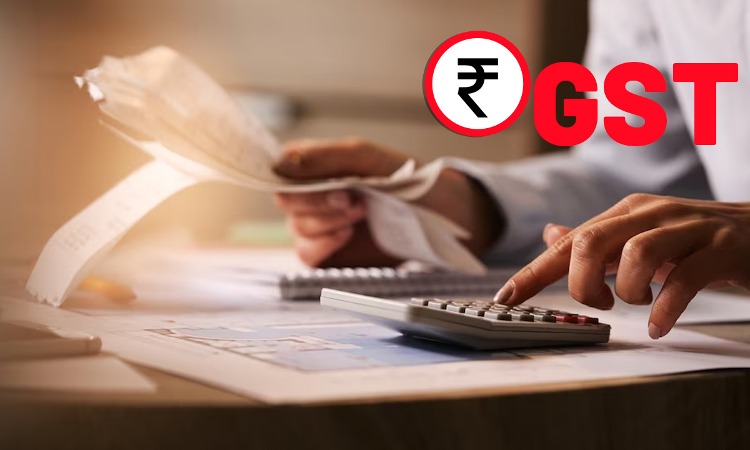- Home
- /
- High Courts
- /
- Patna High Court
- /
- Transitional Credit Under GST Not...
Transitional Credit Under GST Not Allowable For Capital Goods Received After 1 July 2017: Patna HC Upholds Recovery Of Ineligible CENVAT Credit
Bhavya Singh
17 April 2025 4:50 PM IST
The Patna High Court, while upholding the recovery of ₹8,62,566 as ineligible CENVAT credit, held that transitional credit under the GST regime cannot be availed for capital goods received after 1st July 2017. The Division Bench of the High Court comprising Justices Rajeev Ranjan Prasad and Ramesh Chand Malviya held, “The distinction in the matter of giving benefit of CENVAT credit on...
The Patna High Court, while upholding the recovery of ₹8,62,566 as ineligible CENVAT credit, held that transitional credit under the GST regime cannot be availed for capital goods received after 1st July 2017.
The Division Bench of the High Court comprising Justices Rajeev Ranjan Prasad and Ramesh Chand Malviya held, “The distinction in the matter of giving benefit of CENVAT credit on capital goods during the transitional period may be found in Section 140 of the CGST Act. While this provision enables an assessee to carry forward and take credit of unutilized CENVAT credit paid on inputs as well as on capital goods, in the manner as may be prescribed and subject to the conditions contained in the provisions, sub-section (5) of Section 140 makes a distinction between the capital goods and inputs. This provides that a registered person would be entitled to take credit of eligible duties and taxes in respect of inputs or input services received on or after the appointed date but the duty on tax in respect of which has been paid by the supplier under the existing law…”
The above ruling was delivered in a Civil Writ Jurisdiction Case where the petitioner company had filed a writ petition seeking quashing of the Order-in-Appeal dated 22.05.2023 passed by the Additional Commissioner (Appeal) of CGST and Central Excise, Patna. The petitioner had claimed seamless transfer of transitional CENVAT credit amounting to ₹8,62,566 on capital goods that were invoiced in June 2017 but received at the factory premises in July 2017, post the roll-out of the GST regime.
As per the factual matrix of the case, M/s JMD Alloys Ltd., a manufacturer of MS Bars, had placed orders for capital goods in June 2017. The goods were dispatched under 11 excise invoices and were received at the petitioner's factory premises in July 2017. The duty had been paid under the old regime, and the petitioner had filed Form TRAN-1 to claim credit for the same under the transitional provisions of the CGST Act. However, the jurisdictional Superintendent of CGST denied the credit on the grounds that it pertained to capital goods received after the appointed date.
The petitioner argued that under the CENVAT Credit Rules, 2017, the term inputs should be interpreted broadly to include capital goods and that there was no statutory bar to deny transitional credit in such cases.
The High Court rejected this interpretation, holding that the distinction between inputs and capital goods is clearly embedded in the statute. The Court traced the legislative scheme of the CGST Act and its transitional provisions, noting that earlier laws explicitly allowed credit on capital goods, but under the GST regime, transitional credit on capital goods received after 01.07.2017 is not statutorily recognised.
The Court stated, “This Court finds that the CENVAT Credit Rules, 2017 has superseded CENVAT Credit Rules, 2004 and conjoint reading of the provisions of GST Act and CENVAT Rules, 2017 leaves no room for taking any different view…”
On that basis, the Court concluded that there was no infirmity in the impugned orders passed by the adjudicating and appellate authorities, and proceeded to dismiss the writ petition.
Accordingly, the writ petition was dismissed as devoid of merit.
Case Title: M/s JMD Alloys Ltd. v. Union of India & Ors.
LL Citation: 2025 LiveLaw (Pat) 32



